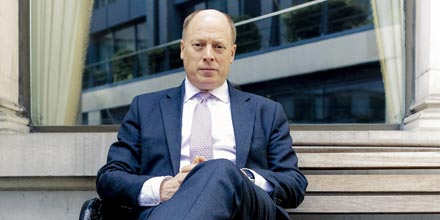IIMI, the boutique asset management think tank, is pleased to announce that it has launched operations in Singapore in response to demand from asset managers in the region.
There are 11 founding members in IIMI Singapore, which is chaired by Timothy Hay, the CEO of Somerset Capital Management’s Singapore office.
Since its foundation in 2010, IIMI has offered an expert voice in the debate over the future of financial regulation, representing independent, owner-managed firms that are entirely focused on and aligned with the interests of their clients and investors. Today, its European membership is comprised of 46 leading independent asset management firms from the UK, France, Norway and Switzerland, managing approximately £500 billion of clients’ money and employing several thousand people.
Both IIMI branches in Europe and Singapore, along with their combined membership, will work with the Monetary Authority of Singapore (MAS) and the FCA to open up and increase opportunities between the two markets as they share experiences and ideas. This includes supporting MAS efforts to develop the Variable Capital Company (VCC) fund structure, on which IIMI will hold a meeting next month with London members and a delegation from MAS.
We are very proud of what IIMI has achieved over the last nine years in promoting the values and interests of boutique asset managers, and we feel the time is now right to expand our geographical presence. Singapore has one of the most thriving asset management communities in the East and we look forward to working with the new IIMI team there as we maintain an open dialogue with both the MAS and FCA for the benefit of our expanding membership.
IIMI Chairman Jamie Carter
IIMI has established itself as a respected voice in the asset management industry and we look forward to leveraging its experience and learnings for our new IIMI Singapore members. Owner-managed, client-centric firms play a key role in preserving the stability and long-term focus of the financial sector and we are pleased to support the important work of independent asset managers in Singapore and the surrounding region.
IIMI Singapore’s Chairman Tim Hay
ENDS



